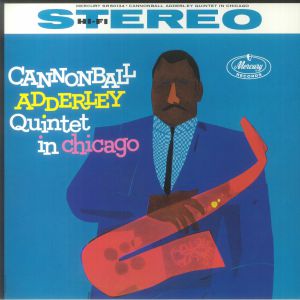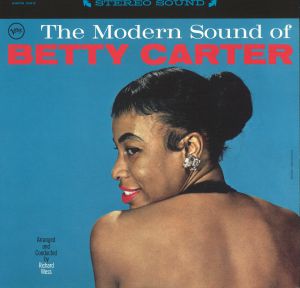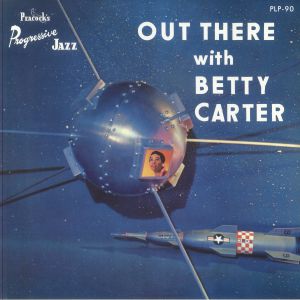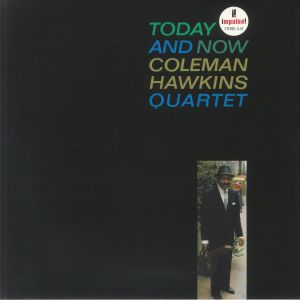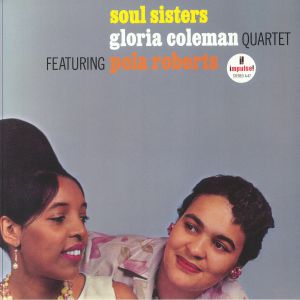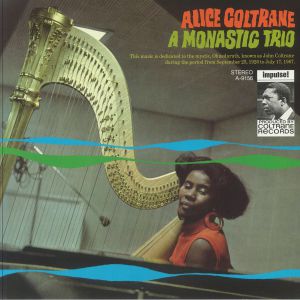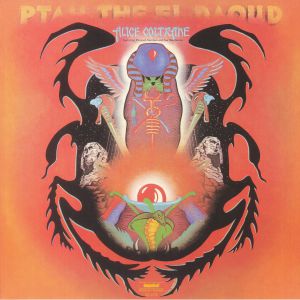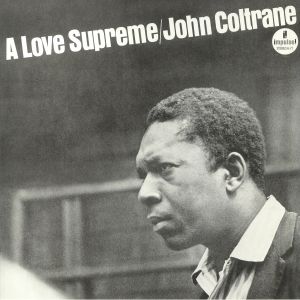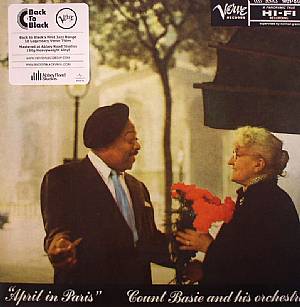Back catalogue:
Juno's full catalogue of
Alben
In Chicago (Acoustic Sounds Series) (gatefold 180 gram vinyl LP)
Cat: 486442 7. Rel: 27 Jul 23
in stock $33.34
The Modern Sound Of Betty Carter (Verve By Request) (180 gram audiophile vinyl LP)
Cat: 584919 1. Rel: 22 Feb 24
Review: Betty Carver's The Modern Sound of Betty Carver album was arranged by the talented Richard Weiss in 1960. It offers up plenty of unique new takes on some classic standards with modern, for the day, vocals and all pressed up as part of the Verve By Request series on nice heavyweight vinyl. Highlights come thick and fast and include the fresh scat stylings of 'On The Alamo', a brilliantly lively take on 'What A Little Moonlight Can Do' and some heart-melting tenderness on the run-through of 'There's No You'.
… Read more in stock $35.89
Out There With Betty Carter (Verve By Request) (180 gram audiophile vinyl LP)
Cat: 752006 1. Rel: 13 Feb 25
in stock $36.46
Today & Now (Verve By Request) (gatefold 180 gram audiophile vinyl LP)
Cat: 656948 9. Rel: 07 Nov 24
Review: Recorded in 1962, Coleman Hawkins' quartet featuring Tommy Flanagan on piano, Major Holley on bass and Eddie Locke on drums delivers a captivating blend of upbeat tunes and smooth ballads. Tracks like 'Go Li'l Liza' and 'Swingin' Scotch' provide lively moments while a trio of ballads, including the recently and sadly passed legend that is Quincy Jones' 'Quintessence,' showcase the group's versatility. This Verve By Request edition is pressed on high-quality 180-gram vinyl at Third Man Records in Detroit so as usual offers a premium listening experience that captures the timeless essence of Hawkins' legendary sound.
… Read more in stock $34.48
Soul Sisters (gatefold 180 gram audiophile vinyl LP)
Cat: 589407 8. Rel: 25 Apr 24
in stock $31.64
A Monastic Trio (Verve By Request) (gatefold 180 gram vinyl LP)
Cat: 589481 3. Rel: 06 Jun 24
Review: n 1968, Alice Coltrane embarked on her first solo endeavor with this album which served as a tribute to her late husband, John Coltrane, and features Pharoah Sanders, Jimmy Garrison, and Rashied Ali - members of Coltrane's final quintet. Initially met with lukewarm reviews, this album gains significance when viewed within Coltrane's broader oeuvre. A Monastic Trio offers a glimpse into her evolving style, foreshadowing her subsequent creative trajectory and this Verve By Request reissue is pressed on 180-gram vinyl at Third Man in Detroit, so captures the essence of Coltrane's pioneering spirit and lays the foundation for her enduring musical legacy.
… Read moreGespielt von: Juno Recommends Jazz
in stock $38.15
Ptah The El Daoud (reissue) (gatefold 180 gram vinyl LP)
Cat: 459913 7. Rel: 11 Nov 22
Review: The great Alice Coltrane was already widely revered by the time she released her third solo album Ptah, the El Daoud. It was written and recorded in 1970 in the basement of her house in Dix Hills on Long Island, New York and is noted for being the first record she made with horns. They are split between the two channels with Pharoah Sanders on the right bringing his abstract and transcendental sounds and Joe Henderson on the left bringing the intellectual vibe throughout. The post-bop sounds find Coltrane playing piano and harp receptions at the time were warm critically and with fans. The otherworldly sound is drenched in blues and perfect for some mindful meditations.
… Read moreGespielt von: Juno Recommends Jazz
in stock $37.01
Review: It goes without saying that 'A Love Supreme' is in the upper echelons of jazz history. A spiritual and emotional proclamation from American jazz saxophonist John Coltrane, the 32 minute runtime is a narrative of strife and struggle with addiction as well as the notable repetition of his riff in all 12 keys throughout the session in 'Acknowledgement'. In many ways you could say Coltrane's playing wasn't improvised at all, and you could argue that the session was better off for it. At the end of the half an hour, the narrative unwinds and Coltrane is declaring a faith to God, a musical thankyou to his faith that kept him true throughout his trials following a spiritual awakening in 1957 - what resulted was an undisputed musical masterpiece.
… Read moreGespielt von: Juno Recommends Jazz
in stock $28.54
in stock $30.50

 USD
USD





